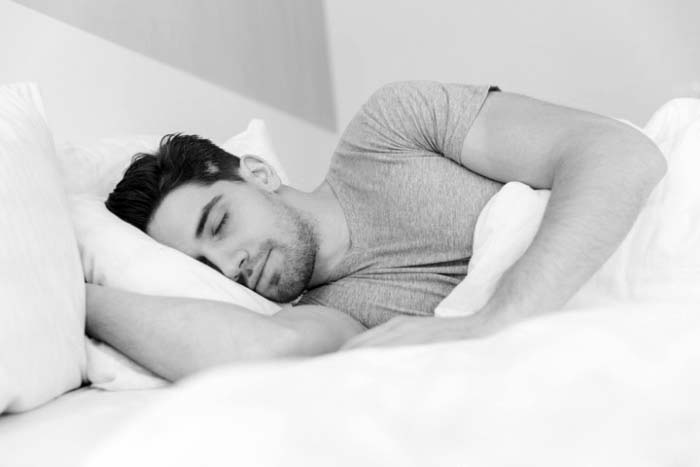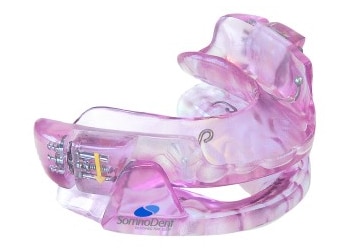SLEEP APNEA
Helping You Breathe Better
Snoring may seem like an annoying inconvenience, but often it’s more than that. Snoring can be a sign of sleep apnea, a condition that causes your breathing to stop intermittently while you sleep, leading to exhaustion and many medical complications. The condition is common, with an estimated 18 million suffering from it. Millions of children are also afflicted but their apnea often goes undiagnosed.

What Is Sleep Apnea?
Sleep apnea is a sleep disorder characterized by repeated interruptions in breathing during sleep. These interruptions, or apneas, can last from a few seconds to minutes and occur multiple times throughout the night. There are three main types: obstructive sleep apnea (OSA), central sleep apnea (CSA), and complex sleep apnea syndrome.
Symptoms
You may have the condition if you snore loudly, wake up with a dry mouth and/or sore throat, have a morning headache, experience insomnia and are extremely sleepy during the day. You may also abruptly awake and then be short of breath. Others may notice that you stop breathing for short periods during the night.
Those At Risk
Anyone can develop it, including young children. You are at a greater risk of developing this condition if you are overweight, male, over 40, and have large tonsils or sinus problems. Simply having a large neck increases your risk as does having gastroesophageal reflux.
Effects
Sleep apnea can have significant effects on both physical and mental health. Physically, it can lead to cardiovascular problems, such as high blood pressure, heart disease, and stroke, due to the repeated interruptions in breathing that strain the heart. It can also contribute to metabolic issues, including diabetes and obesity. Mentally, it often results in chronic fatigue, impaired concentration, memory problems, and mood disturbances, such as depression and irritability. In children, it can affect growth, cognitive development, and academic performance. Overall, untreated, it significantly diminishes quality of life and increases the risk of serious health complications.

Sleep Apnea Treatment
Dr. Tran and Dr. Nguyen provide specialized dental treatments for sleep apnea, focusing on oral appliance therapy. These custom-made devices, similar to mouth guards or orthodontic retainers, are worn during sleep to keep the airway open. They work by repositioning the lower jaw and tongue, preventing airway obstruction and reducing snoring and apnea episodes. This non-invasive treatment is particularly effective for patients with mild to moderate obstructive sleep apnea. Patients report that these appliances are easy to wear, comfortable and convenient in that they are easy to travel with.
Some patients may need a positive airway pressure device such as a CPAP machine that provides pressurized air through a mask during the night. This continuous airflow helps keep the airway open, preventing pauses in breathing and improving sleep quality.
In addition to CPAP therapy, Dr. Tran and Dr. Nguyen might also recommend lifestyle changes, such as weight management or avoiding alcohol and sedatives before bedtime. In certain cases, they may suggest a combination of oral appliance therapy and CPAP for more severe cases.
Dr. Tran and Dr. Nguyen may also collaborate with sleep specialists to ensure comprehensive care and optimal treatment outcomes for their patients.
